
Research lead by a team from the University of Canterbury, New Zealand has found that commonly used herbicides, including the world’s most used herbicide Roundup, can cause bacteria to become resistant to antibiotics.
Full Study: 15http://mbio.asm.org/content/6/2/e00009-15
Herbicides are used to kill plants. They can be tested for killing bacteria, too, as part of the process of reviewing their approval for use. However, they have never been tested for other effects on bacteria, University of Canterbury’s Professor Jack Heinemann says.
This is the first study of its kind in the world. While other substances such as aspirin have been shown to change bacteria’s tolerance to antibiotics herbicides have never been tested. The team at the University of Canterbury investigated what happens to species of disease-causing bacteria when they are exposed to common herbicides such as Roundup, Kamba and 2,4-D.
“We found that exposure to some very common herbicides can cause bacteria to change their response to antibiotics. They often become antibiotic resistant, but we also saw increased susceptibility or no effect. In most cases, we saw increased resistance even to important clinical antibiotics,” Professor Heinemann says.
“We were so surprised by what we were seeing. We wanted to be sure it wasn’t an artefact of conditions in our laboratory or some kind of contamination. So we enlisted a fellow researcher at Massey who conducted the same experiments but without knowing what she was adding to the bacteria. She got the same results.”
The effects found are relevant wherever people or animals are exposed to herbicides at the range of concentrations achieved where they are applied. This may include, for example, farm animals and pollinators in rural areas and potentially children and pets in urban areas. The effects were detectable only at herbicide concentrations that were above currently allowed residue levels on food.
Antibiotic resistance is a serious and growing problem for human and animal health. New antibiotics are hard to find and can take decades to become available. Effects of chemicals such as herbicides could conflict with measures taken to slow the spread of antibiotic resistance.
The research team included researchers from Mexico, Lincoln University and Massey University.
For further information contact Professor Jack Heinemann, School of Biological Sciences,
jack.heinemann@canterbury.ac.nz
Glyphosate, a herbicide widely marketed by Monsanto Co. and other companies, likely has the potential to cause cancer in humans, a World Health Organization agency said Friday.







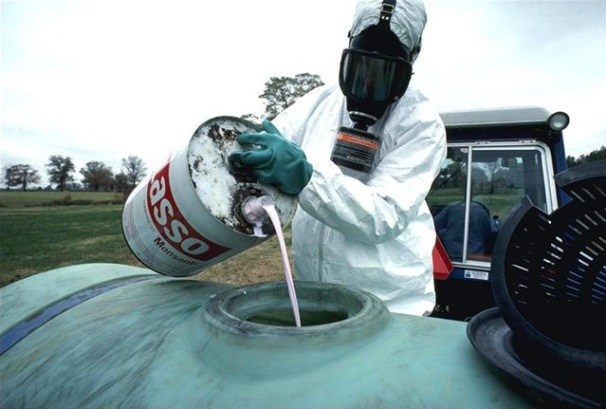
 Reply With Quote
Reply With Quote Thanks for this Bob.
Thanks for this Bob.


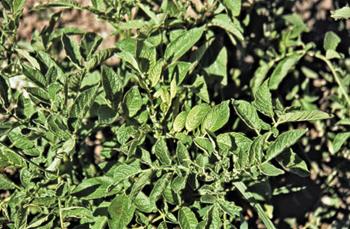

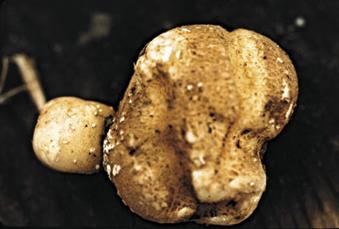





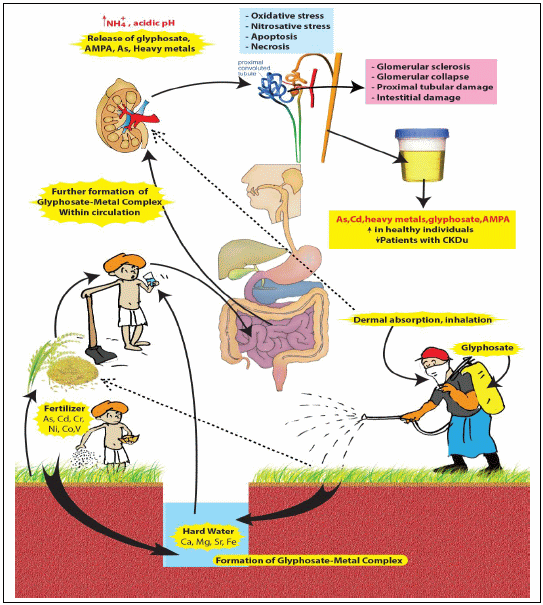

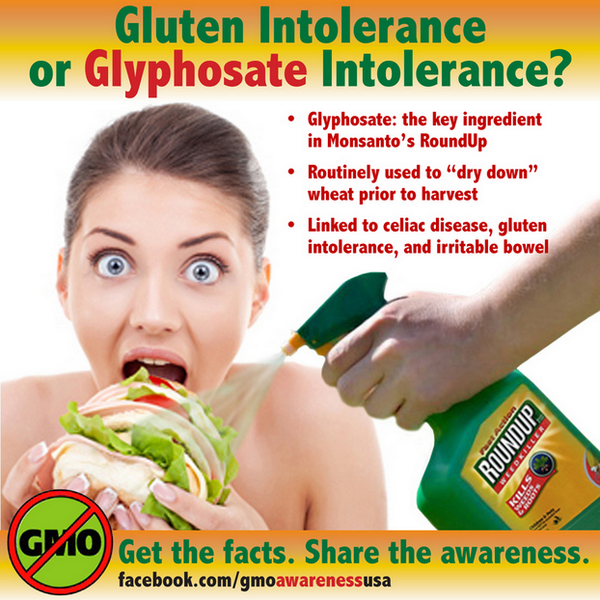












Bookmarks